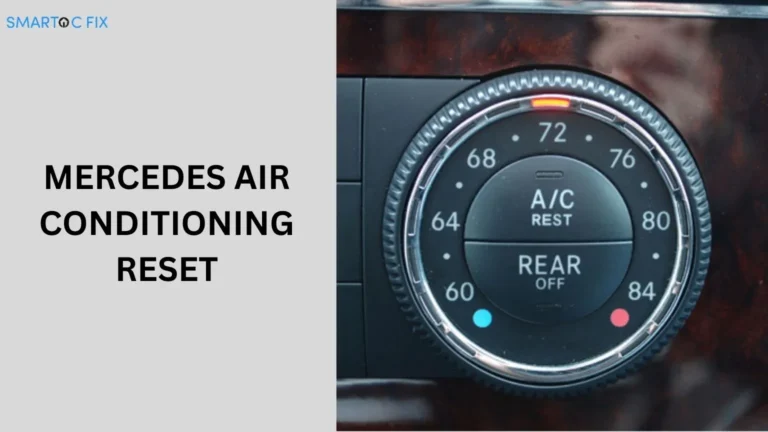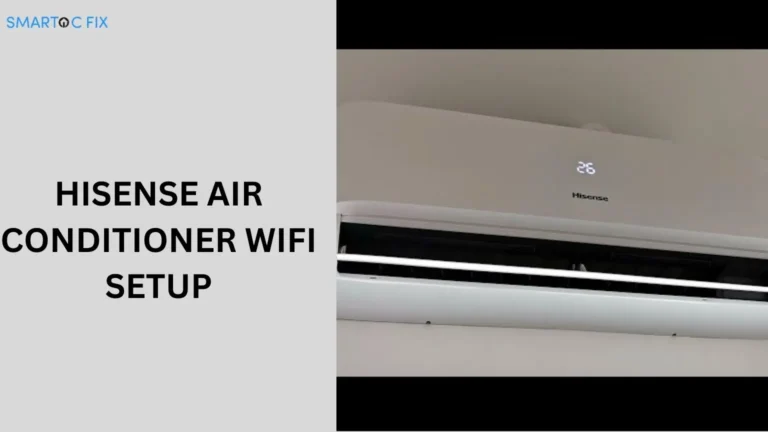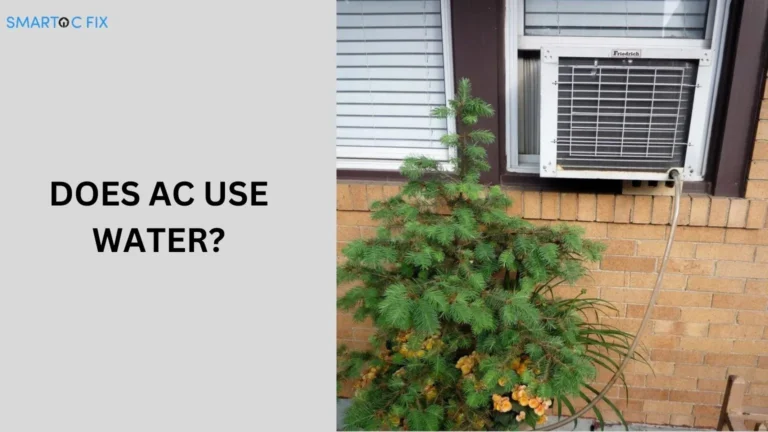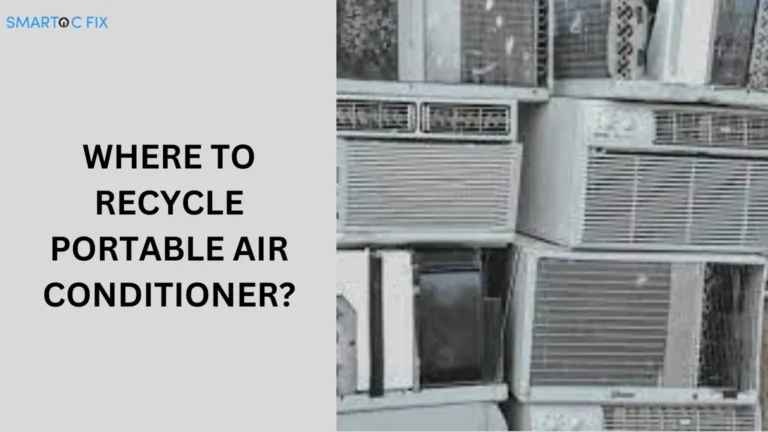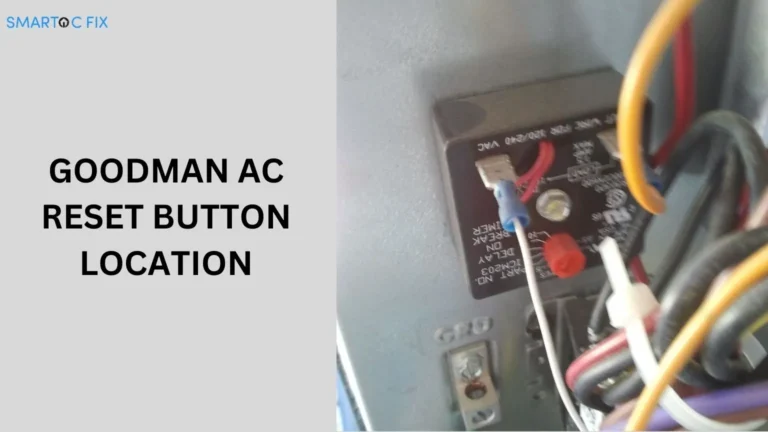How to Quiet a Noisy Car AC Compressor? (Guide) of 2024
How to Quiet a Noisy Car AC Compressor? A noisy car AC compressor can be quite a nuisance, disrupting the comfort of your drive. If you’re experiencing unusual sounds from your air conditioning system, it’s important to address the issue promptly. In this article, we’ll explore effective methods to quiet a noisy car AC compressor and ensure your vehicle remains cool and serene.
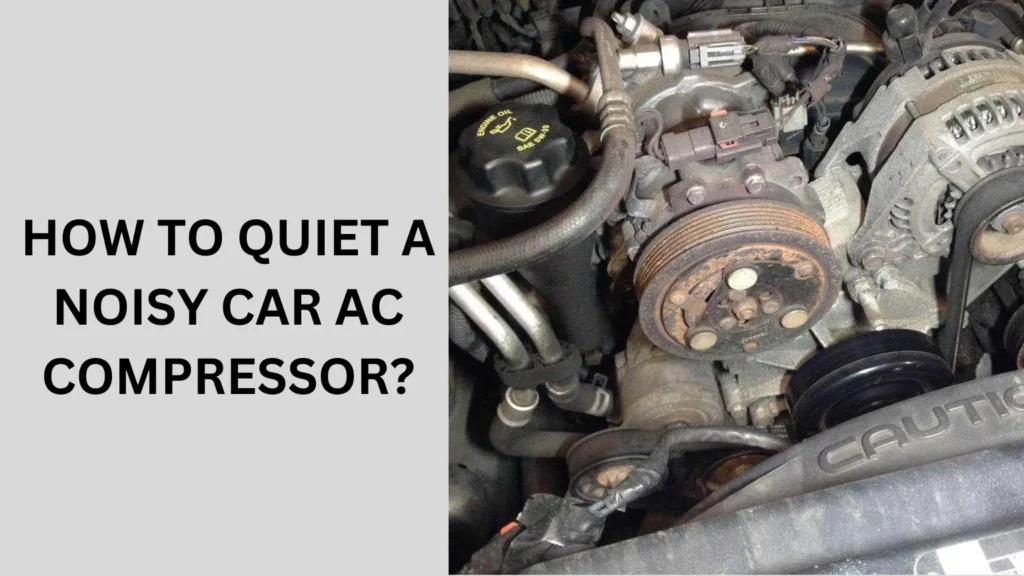
Understanding the AC Compressor Noise
Before diving into solutions, it’s crucial to understand what might be causing the noise. The AC compressor is a key component of your car’s air conditioning system, responsible for compressing and circulating refrigerant. If it’s making unusual sounds, it could indicate a variety of issues.
Common Causes of Noisy AC Compressors
- Worn-Out Bearings: Over time, the bearings in the compressor can wear out, causing grinding or squealing noises.
- Loose or Damaged Belts: The serpentine belt driving the compressor might be loose or damaged.
- Refrigerant Issues: Low or incorrect refrigerant levels can lead to unusual noises.
- Internal Compressor Damage: Mechanical issues within the compressor itself can cause loud banging or rattling sounds.
How to Quiet a Noisy Car AC Compressor: Step-by-Step Guide
If you’re hearing noises from your AC compressor, follow these steps to diagnose and potentially resolve the issue.
1. Check the AC Compressor Belt
One of the most common causes of noise is a worn or loose belt. Inspect the serpentine belt for signs of wear, cracks, or looseness.
Solution: If the belt appears worn or loose, replace it with a new one. Ensure it’s properly tensioned according to your vehicle’s specifications.
2. Inspect the Compressor Bearings
Worn-out bearings can cause a grinding or squealing noise. Listen carefully to the compressor while it’s running.
Solution: If you suspect bearing issues, it’s best to consult a professional mechanic. Bearings often require specialized tools and knowledge to replace.
3. Check Refrigerant Levels
Low or incorrect refrigerant levels can lead to abnormal compressor noises.
Solution: Use a refrigerant gauge to check the levels. If they are low, refill the refrigerant to the recommended levels. Be sure to use the type specified for your vehicle.
4. Examine the Compressor for Internal Damage
If none of the above solutions work, internal damage to the compressor might be the cause.
Solution: This issue is complex and usually requires professional intervention. A mechanic can assess and replace the compressor if necessary.
Preventative Measures to Avoid Future Noise
Preventing future issues with your AC compressor involves regular maintenance and timely repairs.
Regular Maintenance Tips
- Schedule Regular Inspections: Have your AC system inspected regularly to catch potential problems early.
- Keep the System Clean: Ensure that the compressor and surrounding components are clean and free of debris.
- Address Issues Promptly: Don’t ignore minor noises or issues, as they can escalate into more significant problems.
Benefits of Proper Maintenance
Maintaining your AC system not only prevents noise but also extends the life of the compressor and ensures efficient operation. A well-maintained system is more reliable and offers better performance, contributing to a more enjoyable driving experience.
People also ask
How to quiet a noisy AC compressor?
If your AC compressor is noisy, follow these quick steps to address the issue:
Check the Belt: Inspect the serpentine belt for wear or looseness. Replace or tighten it if needed.
Examine Bearings: Listen for grinding or squealing noises. Worn bearings may need replacement by a professional.
Inspect Refrigerant Levels: Low refrigerant can cause abnormal sounds. Use a gauge to check and refill to recommended levels.
Look for Internal Damage: If noises persist, internal compressor damage may be the issue. Consult a mechanic for a thorough inspection and potential replacement.
Why is my car’s AC compressor so loud?
If your car AC compressor is loud, it could be due to one of these reasons:
Worn Bearings: Grinding or squealing sounds may indicate worn-out bearings.
Loose or Damaged Belt: A loose or damaged serpentine belt can cause noise.
Low Refrigerant: Low refrigerant levels can lead to unusual sounds.
Internal Damage: Mechanical issues inside the compressor may be causing the noise.
How to lubricate a car AC compressor?
To lubricate a car AC compressor:
Locate the Compressor: Find the AC compressor in your engine bay.
Check the Oil Level: Use the manufacturer’s specifications to ensure the compressor has the correct oil level.
Add Refrigerant Oil: If needed, add the appropriate type of refrigerant oil through the designated port.
Consult a Professional: For precise lubrication and to avoid overfilling, consider having a mechanic handle it.
How to reduce car AC noise?
To reduce car AC noise:
Inspect the Belt: Ensure the serpentine belt is tight and in good condition. Replace if worn.
Check the Compressor Bearings: Worn bearings may need lubrication or replacement by a professional.
Verify Refrigerant Levels: Low refrigerant can cause noise. Refill to the correct level if necessary.
Look for Debris: Clear any debris around the compressor and AC components.
Regular Maintenance: Schedule regular AC system checks to address issues early.
Conclusion
A noisy car AC compressor can be both irritating and indicative of underlying issues. By following the steps outlined above, you can diagnose and potentially resolve the noise problem. Regular maintenance and prompt attention to any issues will help keep your AC system running smoothly and quietly. If you’re unsure about performing these checks yourself, don’t hesitate to seek professional assistance.
